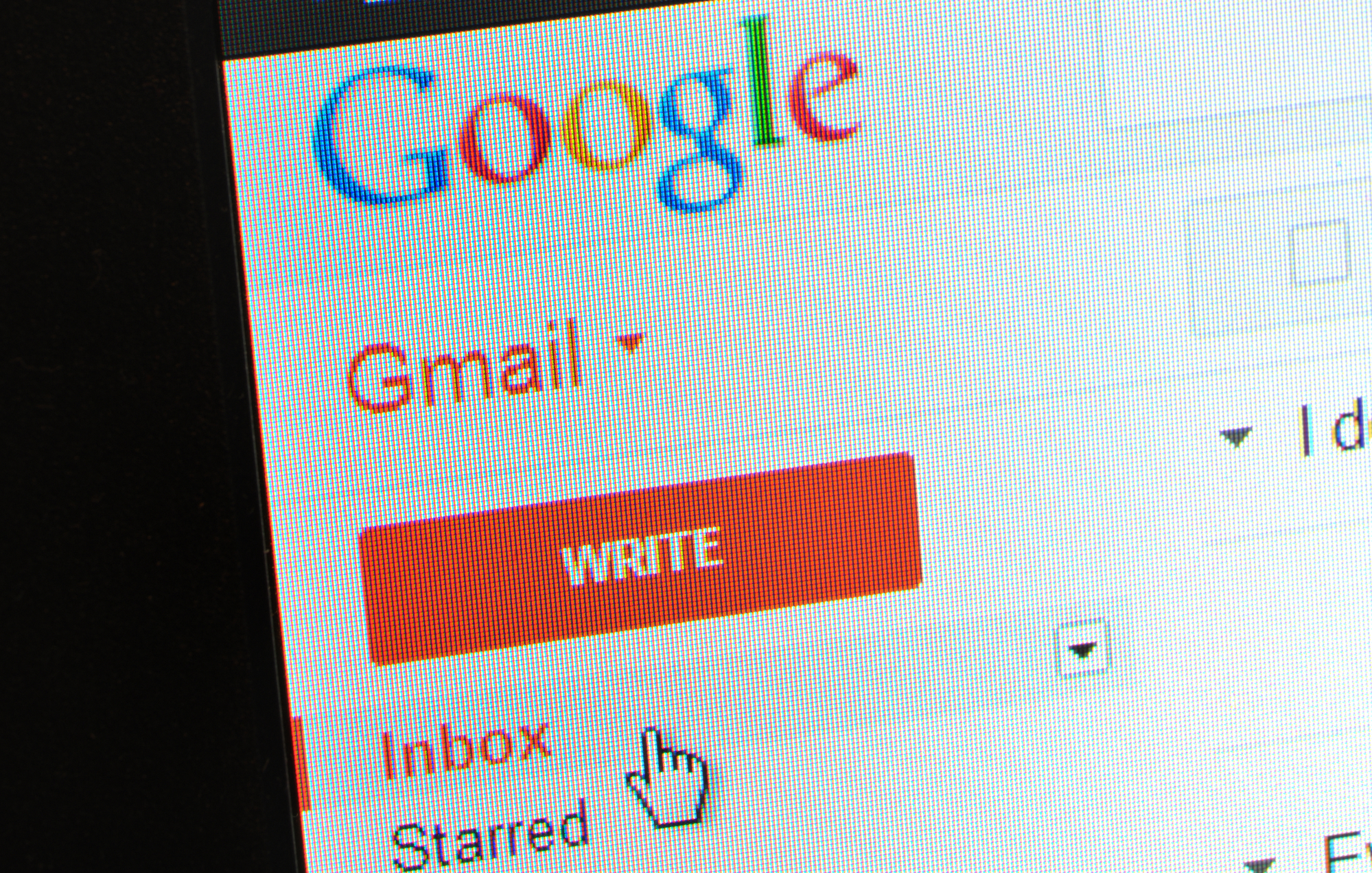
Let’s face it, if you have a Gmail account, Google knows a lot about you. They seem to know your every move, and yet they are a service that we give a lot of personal information to without much hesitation. With a Gmail account you have the ability to store your photos, financial information, personal files, and videos, as well as access accounts like YouTube. But, what happens to this account when you die? Would your surviving spouse now have automatic access to your Gmail account?
Many of us enable our online accounts and services to send primary notifications to a Gmail account. Then, upon one’s death, the need to access a Health Savings Account, Roth IRA or Cryptocurrency account, in a timely fashion will require some kind of authentication via the nominated Gmail account.
Is leaving the credential to a Gmail account for a surviving spouse a wise idea? Well, yes and no. The major problem is that impersonating a Gmail user is a violation of the Gmail terms of service. Google is unlikely to find out, but on the off chance that they do, they can suspend or terminate the account at their discretion. Gmail is a service that is non-transferrable and, upon death or when no one accesses the account for nine months, the account is automatically deleted..
How then does one bequeath a Gmail account to a surviving spouse? From our understanding, the surviving spouse can apply for access to the content of the Gmail account, but there are some legal hoops to jump through. The following needs to be provided:
1) Proof that the deceased had emailed the surviving spouse at some point, demonstrating their relationship
2) A copy of the death certificate
3) A court order stating that the surviving spouse is entitled to access the account.
Unfortunately though, even with all of this, Google may still deny access.
Is Google being unreasonable? From their point of view it is for privacy protection and to avoid being sued in the event of a crime. For example, what if the surviving spouse becomes a suspect in the murder of the dead spouse? The surviving spouse may access the deceased’s Gmail account to sabotage a criminal investigation; potential incriminating evidence may be deleted and/or manipulated.
What if the deceased didn’t want the surviving spouse to have access to their Gmail account? Often, it is the “digital assets” like videos and photos that are most wanted by the surviving spouse, not the email correspondence. If the surviving spouse is left with no access, they may still feel they have a right to their spouse’s account. If this is the case, as a legal beneficiary, they can apply for and possibly be granted access to the contents. An experienced estate litigation attorney should be able to provide enough evidence to get a court order to release the information. If it is done within the nine month timeline, the surviving spouse should be allowed access to the decedent’s account.
What to do?
Treat any virtual asset the same way you would a non-virtual one. Any online service should have the appropriate policies in place to recognize and accept any data bequests. Most importantly though, inform beneficiaries beforehand. This is also important in business succession planning. The way to accomplish this is to have a well thought out estate plan.
Velasco Law Group is a Southern California estate litigation law firm. Our team of experienced attorneys can help you regain control over individual data that falls under sentimental digital assets and how surviving spouses, children and grandchildren have difficulty in obtaining what they deem as family heirlooms. They often represent families who are in disputes, who want justice brought to the table to preserve family legacies. Our initial consults are complimentary and are available in English or Spanish. Velasco Law Group has offices located in Long Beach, Downey and Irvine. Call us today 562-432-5541
"Do Not use this link to make Retainer payments." Contact Us at 562-432-5541

If your device can't run Android 9 or higher, you can download an app to scan QR codes.